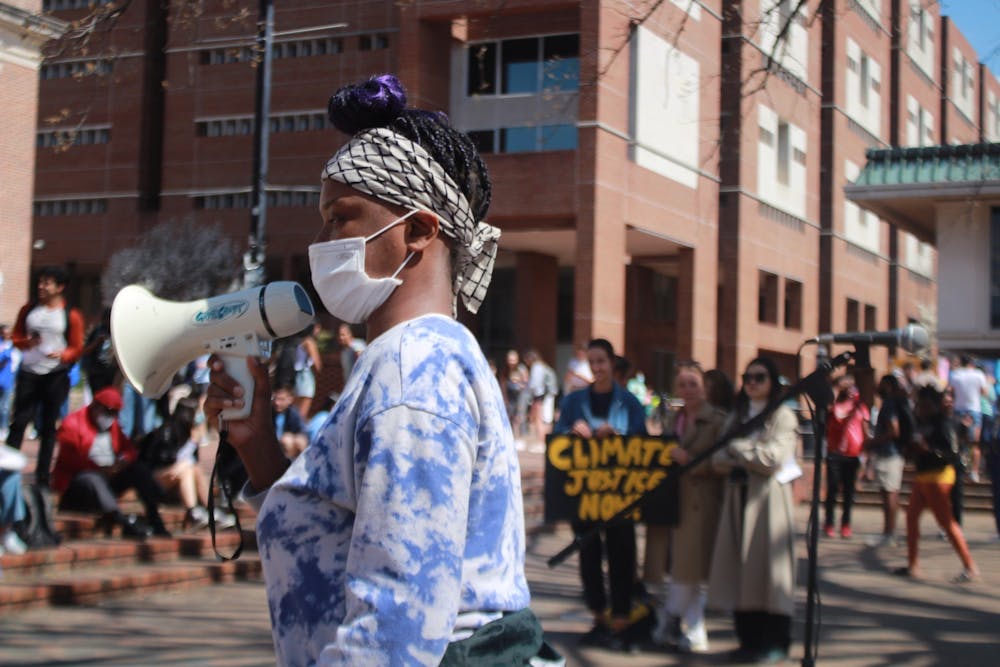Have you or anyone you know engaged in self-censorship? A glance at headlines related to the topic suggests yes.
An opinion piece by The Wall Street Journal poses the question: “Is Self-Censorship Taking Over Universities?" in its headline. Inside HigherEd raised similar arguments in an article titled “The Inevitable Problem of Self-Censorship.”
Research backs up the worrisome headlines. A 2020 Heterodox Academy report found that 62 percent of surveyed students are reluctant to speak up about things they believe.
A guest essay published in The New York Times on March 7 attests to the discouraging climate of college campuses. Emma Camp, a student at the University of Virginia, spoke on her tendency to speak silently and behind closed doors on controversial issues, even as a self-declared liberal.
In her essay, she called for more rigorous debate in classrooms, citing how students may keep their opinions to themselves out of fear of rejection from their peers or a negative impact on grades. A letter to the editor in response to Camp agrees, arguing that colleges are teaching judgment and intolerance to youth.
These newfound claims that students are engaging in self-censorship are merely the newest mutation of a decades-long debate about the status of free speech on college campuses. Higher education has most dramatically been a target for criticism from the political right since the 1980s, when Allan Bloom published his best-selling book, “The Closing of the American Mind”.
Bloom frames academia as the biggest blight to young minds and to the advancement of free speech. Whether they are concerns related to uncurbed liberalism, post-Cold War fears of Marxist indoctrination or the use of campuses as a center for protest, First Amendment rights have been at the cornerstone of campus controversy.
But despite the rampant culture war and mainstream media coverage of the topic, these accusations are far from the truth. There is no evidence that freedom of speech, especially that of conservative students, is in jeopardy at universities.
Instead, what we see happening on our campuses is normal human behavior and the exchange of ideas, albeit some that are unpopular. The ability to assess what is appropriate to say in certain settings and to foresee disagreement isn't a new phenomenon of "self-censorship."




